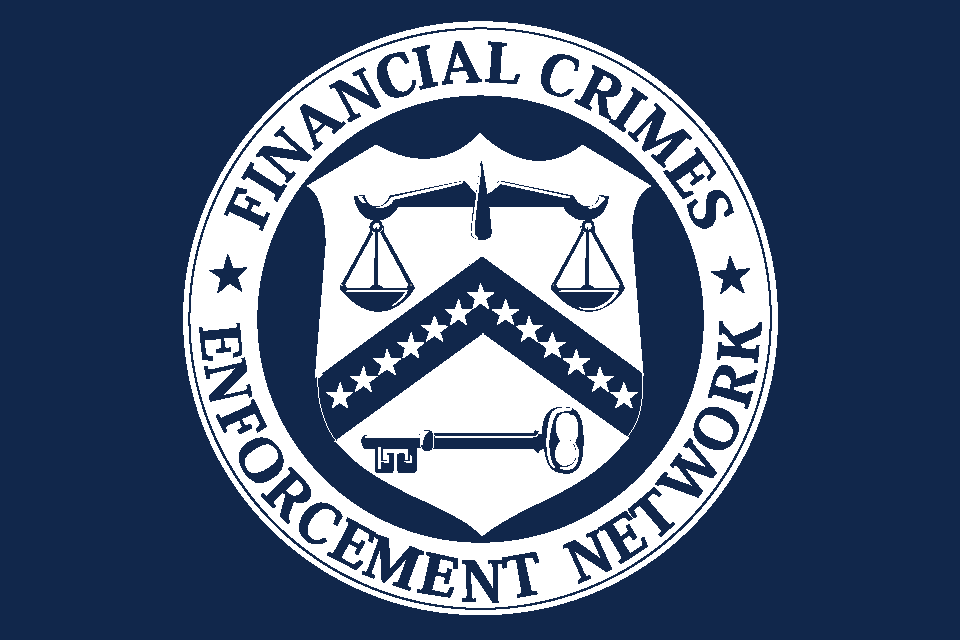
[출처: FinCEN]
The institutional and industry battles over the last December document of FinCEN (U.S. Financial Crimes Enforcement Network) that contained the contents of the Unhosted Wallet regulation continued. Among these, it turned out that January 5, which was the original deadline for public opinion collection of the proposed regulation, was pushed back to the 8th (Korean time).
#Personal wallet regulation?
FinCEN’s regulatory proposal, announced in December last year, contains stronger measures than the existing FATF (International Money Laundering Organization) Travel Rule. According to the travel rules, VASP (Virtual Real Estate Service Provider) must verify the name and account information of the sender and receiver, identification documents, and actual physical addresses. At this time, the scope of the travel rule is limited to the hosting wallet. In simple terms, a hosted wallet means a wallet that gets help from an intermediary. For example, an exchange wallet is included in the hosting wallet. Non-hosted wallets such as personal wallets and non-custodial wallets are not included in the existing travel rules.
However, according to FinCen’s new proposal, even non-hosted wallets will be subject to regulation. The regulatory standards are expected to be based on the Bank Secrecy Act (BSA), which was created in 1970 to prevent money laundering. Accordingly, VASPs in the U.S. must have an infrastructure to identify transactions of more than $3,000, including non-hosted wallets. In addition, transactions over $10,000 must be reported to FinCEN (U.S. Financial Crimes Enforcement Network) along with CTR (High Cash Transaction Report). However, transactions between non-hosted wallets are not expected to be regulated under the BSA.
#Has the deadline for collecting comments changed?
FinCENAt the time, along with the announcement of the regulatory proposal, the deadline for collecting public opinions was set on January 5 (Korean time). This is a period of 15 days. Considering that the public opinion collection period usually takes about 60 days, it can be considered a relatively aggressive measure. Accordingly, officials in the U.S. crypto industry protested, requesting an extension of the period for public comment. Nevertheless, the request for extension was not accepted until January 5th, and it was found that the passage of the relevant regulation was completed.
However, according to Regulations.gov, a website that stores the agenda of FinCEN and other regulatory agencies, the period for public comment has been confirmed to have been extended to January 8th. This seems to be not because the industry’s request for extension was accepted, but because FinCEN’s regulatory proposal was submitted on the 24th (Korean time) instead of December 21st.
When the regulation is finally passed, it is expected that all personal wallets through the hosting wallet will be under the control of the system. When rumors of personal wallet regulation first circulated in November, Brian Armstrong, CEO of Coinbase, said, “If the government’s personal wallet regulation is passed, the scope of regulation on cryptocurrency will increase exponentially. More importantly, this regulation may change the nature of cryptocurrency, including scalability,” he expressed deep concern. After the remarks of the CEO of Armstrong at the time, the bitcoin price plummeted by -14%.
Meanwhile, according to the released document, the deadline for collecting public opinions is expected to be 2 pm on January 8th, Korea time. Industry officials in the United States are continuing their public relations activities to extend the period for collecting opinions.
Reporter Park Sanghyuk [email protected]
